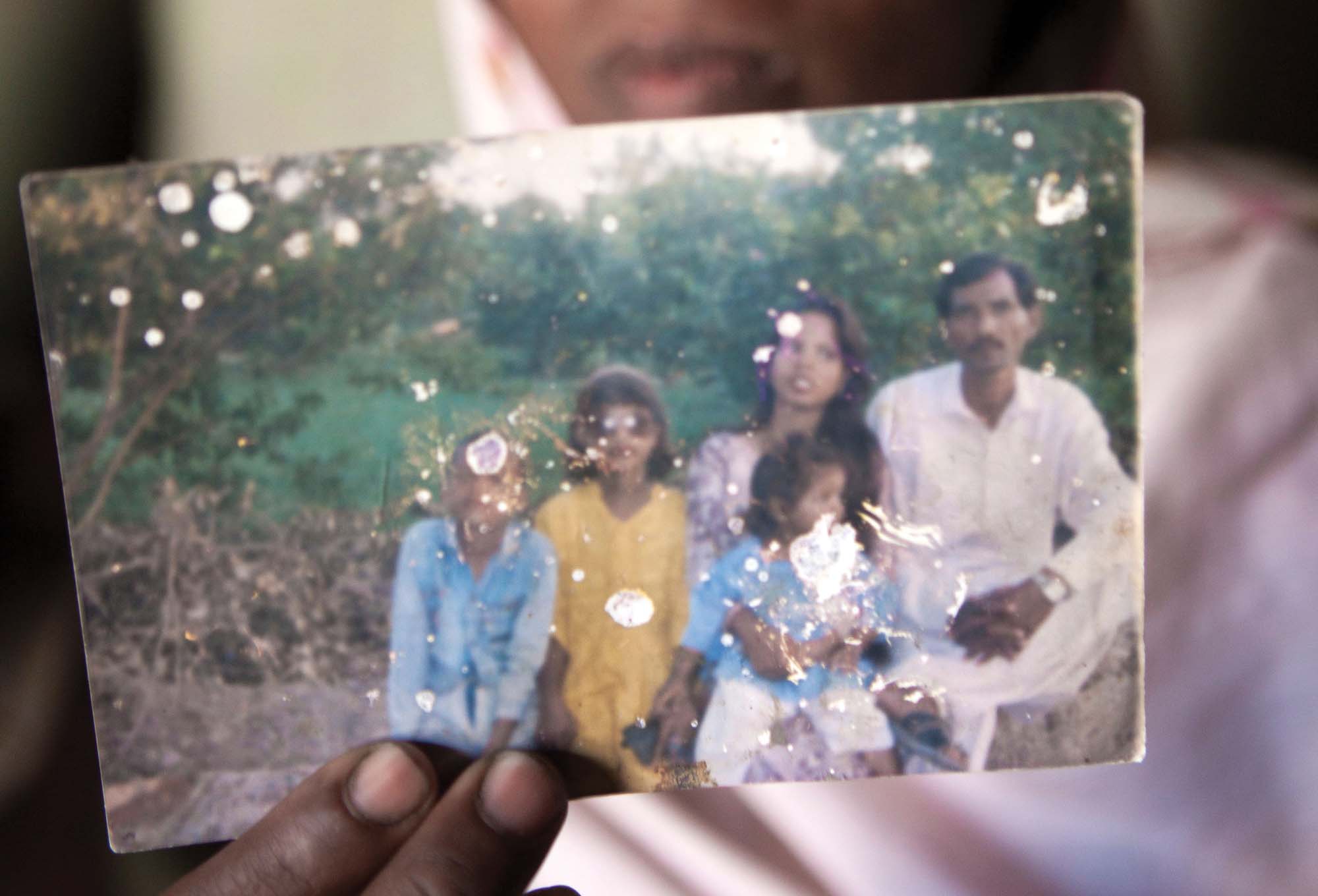
“Who will have our backs now?”
In Pakistan, accusations of blasphemy can lead to death at the hands of the state – or the mob. A few brave lawyers are fighting back.

The family of Pakistani farmhand Aasia Bibi, sentenced to death for blasphemy
This article is a preview from the Summer 2018 edition of New Humanist
On 25 November 2017, Pakistani security forces cracked down after two weeks of violent protest by religious demonstrators. Two people were killed and 250 injured. People were protesting over a proposed change in election laws. Islamist groups claimed that this change would amount to blasphemy, as it would weaken the oath that candidates for public office must take, confirming that Muhammad is the final prophet. The demonstrators called for the resignation of the law minister – mild enough by the standards of Pakistan where blasphemy is punishable by death.
While no one has yet been “lawfully” killed for blasphemy, many have been killed by mob violence, as in the case of Mashal Khan (New Humanist, Summer 2017). According to an Al-Jazeera tally, approximately 69 people have been killed by vigilantes since 1990. Military dictator General Zia-ul-Haq established the Federal Shariat Court (FSC) in 1980 to decide “whether or not any law or provision of law is repugnant to the injunctions of Islam”. Blasphemy law was inherited from the British but for many years lay more or less dormant – only 14 people had been accused of blasphemy until ul-Haq seized control. Between his coming to power in 1978 and 2014, 1,300 people were accused. In 1986, ul-Haq upped the maximum penalty from 10 years’ imprisonment to death.
The case of Aasia Bibi, a Pakistani Christian woman given a death sentence for blasphemy in 2010, has become a cause célèbre. She received worldwide coverage and support not only in her own right but because her case tragically pulled in its wake the murder of two senior politicians who spoke on her behalf. Shahbaz Bhatti, minister for minorities and the only Christian in the Pakistani cabinet, said the case against Aasia was baseless and urged reform of blasphemy laws. He was killed in 2011; the murder was claimed by the Taliban but his killers have not been found. Two months earlier, Salman Taseer, the governor of Punjab, who visited Aasia several times in prison, called for her release. He paid with his life.